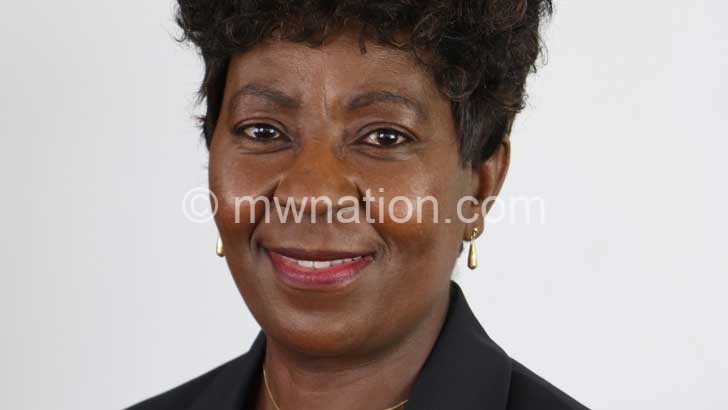Minimum wage review underway
Ministry of Labour has embarked on a process to review the minimum wage currently pegged at K50 000 with a meeting of the Minimum Wage and Basic Working Conditions Subcommittee in Lilongwe.
Speaking when she opened the meeting at Capital Hill, Minister of Labour Agnes NyaLonje said the minimum wage review is timely, considering the current economic trends.
She said the review process will, among other things, take into account needs of workers and their families, the general level of wages, the cost of living, social security benefits and the relative living standards of other social groups. Economic factors, including the requirements of economic development, levels of productivity and any effect the wage might have on employment will also be considered.
Said NyaLonje: “It is important to bear in mind that if we set minimum wage too low, the basic needs of workers and their families will not be satisfied.
“On the other hand, if we set the wage too high, employers may not afford and may resort to downsizing which might have a negative effect on employment.”

The subcommittee comprises social partners, namely the representatives of Malawi Congress of Trade Unions (MCTU) and the Employers Consultative Association of Malawi (Ecam). Government facilitates the negotiations.
In its position paper, MCTU proposed a revision of the national minimum wage for all workers regardless of their employment status to be increased by 144 percent, meaning the workers take home should not be less than K122 000.
But while approving the urgent need for the minimum wage revision, Ecam’s position paper warns that prudence needs to be exercised.
Reads the Ecam paper in part: “This will ensure that the increase do not lead to a further wage-push inflation that may hurt the very same workers that are being protected in an event employers fail to comply and resort to downsizing.”
Section 54 of the Employment Act gives powers to the minister responsible for labour to fix the minimum wages of any group of wage earners, if the minister is of the opinion that it is expedient to do so.
However, the minister is required by law to consult with organisations of workers and employers as to the appropriate level of minimum wage to be prescribed.
Malawi has been battling an economic crisis that has led to fuel shortages, inflated food prices, and a shortage of foreign exchange.
In May 2022, the local currency weakened by 25 percent in what was seen as a return to a market-determined foreign exchange rate regime to prop up dwindling forex reserves.
However, on November 8 this year, the Reserve Bank of Malawi announced a 44 percent kwacha devaluation to address currency misalignment.
The devaluation, marketed as a fix for the economy, has led to an enormous spike in the cost of living, affecting the purchasing power of individuals and families across Malawi.
The country’s inflation rate is currently at 26.9 percent, according to RBM.





